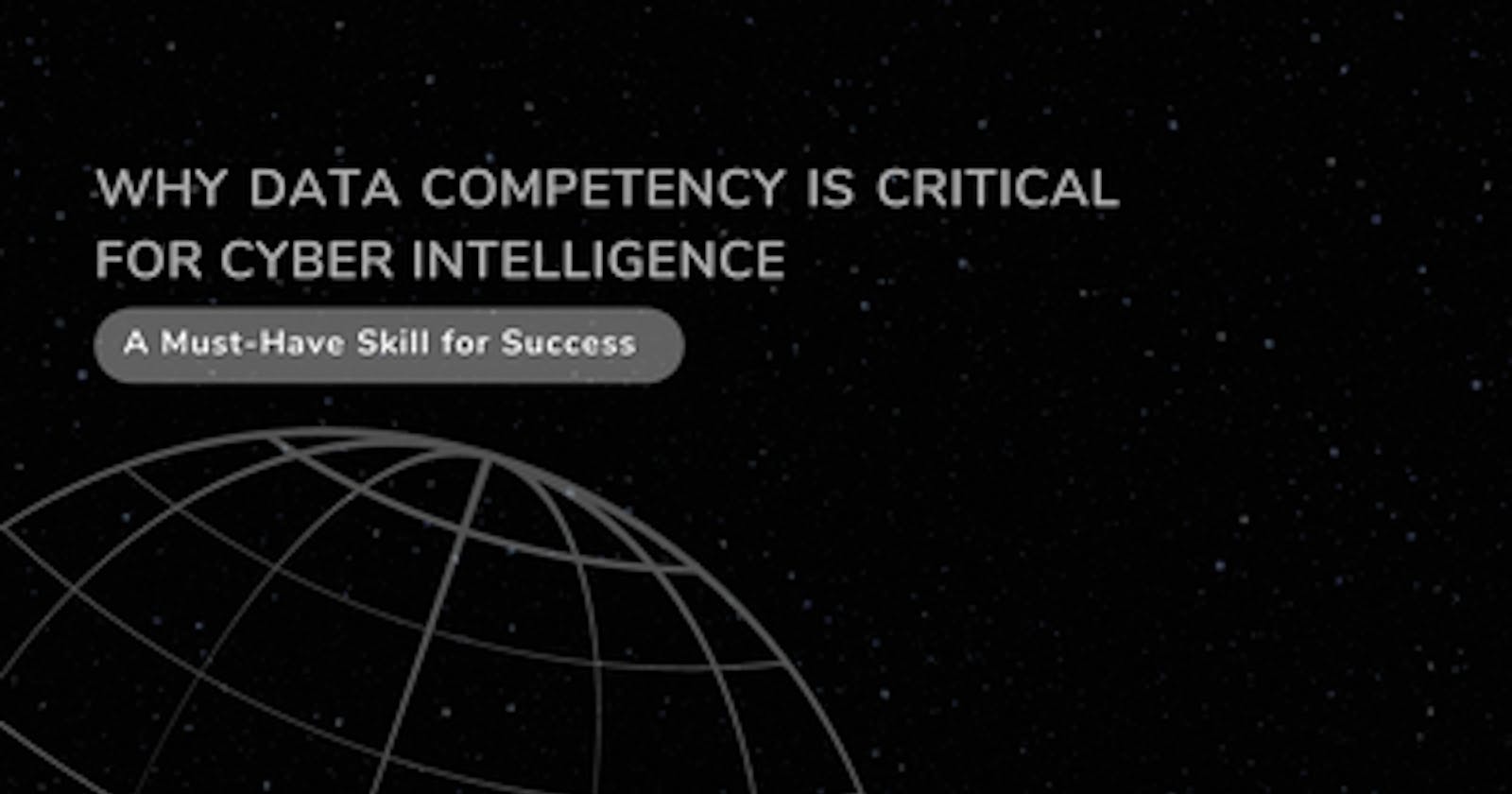It's no secret that cyber intelligence pros must have data engineering skills. But what exactly is data engineering?
Data engineering is a skill that's used to collect and analyze data. Then, it can be used to understand the data's quality and make predictions about it. This makes it an essential skill for cyber intelligence professionals to ensure that their systems collect good quality information to make accurate predictions.
Data science is a large field with many different sub-specialties, and data engineering is one such specialty. Its focus on understanding how systems work means that these professionals have an affinity for building things from scratch; this includes programming languages like Python or R rather than just using pre-existing software packages available via third-party vendors (such as Google Analytics).
Data Engineering for Understanding
To begin any analysis, it's crucial to comprehend the initial data. Data engineers play a vital role in extracting valuable insights from raw data and converting it into informative data. This process includes discovering patterns, trends, and connections within data sets that aid cyber intelligence experts in making educated decisions about their field of focus.
Data engineering skills are also needed when working with big datasets (such as social media or web usage). These types of data sets have many variables that need to be analyzed individually; however, they often have similar properties across different groups within those groups. To understand what these properties mean and how they relate together, you need someone who understands how each variable behaves individually—and then aggregates their results onto larger scales (e.g., country-wide).
A Pipeline for Cyber Intelligence
Data engineering is a necessary skill for cyber intelligence. It's the process of building a pipeline to collect and analyze data. A pipeline comprises data sources, a data store, and an analysis tool. This can be done in several steps:
First, you'll need to define your queries or use pre-built tools that help you find specific information from your source (e.g., search history). Then draw connections between different pieces of information using indexes or keywords; these connections are called joins in databases because they combine multiple rows into one result set (the "join" part comes from joining data sets). You may also want to export this data so that it can be used elsewhere without having access directly through its original source—this is called ETL (extraction transformation load) or ETL/ELT (extraction transformation load/export). Finally, visualize graphs representing all results and any additional analyses performed on them; this process is called BI (business intelligence).
The Future of Cyber Threats
The future of cyber threats is a digital arms race. It will be a battle for data, for the cloud, and for AI.
In this digital warfare, intelligence agencies have been forced to act quickly to stay ahead of their adversaries' capabilities. As a result, they need to understand how these technologies work so that they can intercept communications or take over control systems before it's too late—and they need more data scientists who are trained in machine learning techniques like deep learning (DL), which uses neural networks as part of its predictive analytics process. This means that even if you're not a coder yourself (or don't know what one looks like), you could still benefit from taking classes on DL theory at your local community college or university program.
Data Engineering Skills Are Vital for Cyber Intelligence Pros
Data engineering skills are vital for cyber intelligence pros. They're needed to analyze data, make it more valuable, and create insights from large sets of information.
Data engineers work on projects that require them to pull together large sets of structured or unstructured data into a cohesive whole. They often use the tools available in their field: SQL databases, text analysis software like Natural Language Toolkit (NLTK), statistical packages with R and Python, and visualizations such as Tableau or D3js.
Data engineers are crucial in protecting organizations from cyber threats and ensuring their data is safe from hackers or malicious actors. Data engineering is a complex skill set that anyone with the right mindset and training can master. It's an essential skill for cyber intelligence pros, who need to understand how the systems they work with work and how they are used. With all these skills under your belt, you can make intelligent decisions when it comes time for action.
Conclusion
In conclusion, implementing standards such as the Open Cybersecurity Schema Framework (OSCF) enables data engineers to standardize data collection and mapping, leading to a streamlined process for security teams. This results in a common language for data analysis and threat detection, facilitating collaboration between data scientists, analysts, and security teams. The ultimate aim of any framework is to serve as a widely accepted open standard that complements existing security practices and processes.

